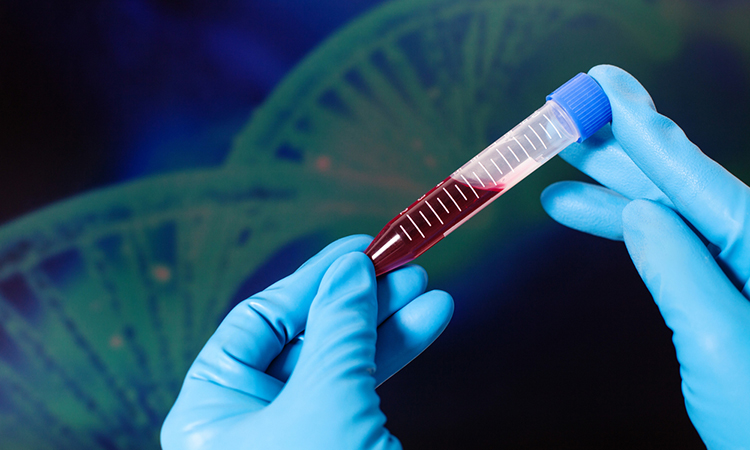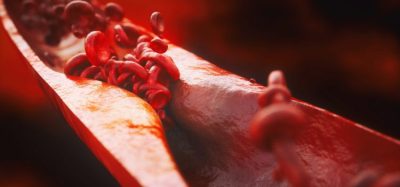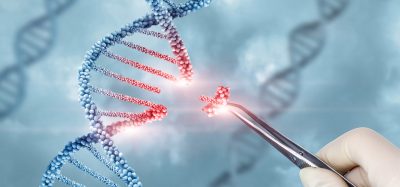Misfolding proteins bring caution for gene therapies for haemophilia
Posted: 12 December 2022 | Izzy Wood (Drug Target Review) | No comments yet
US researchers have discovered a link between protein misfolding and liver cancer, that could help improve gene therapy for haemophilia.


Researchers from Sanford Burnham Prebys, US, led by Dr Randal Kaufman, have found misfolded proteins in liver cells contribute to the development of liver cancer also link to haemophilia.
The findings, published in the journal Molecular Therapy, could also help improve the safety of certain gene therapies for haemophilia.
“There is still a lot of mystery about what causes liver cancer to develop, and our findings show for the first time that misfolded proteins in liver cells play a key role. This effect needs to be taken into account when developing therapies that help the liver produce proteins, such as those for haemophilia A.” said Kaufman.
Haemophilia A is a bleeding disorder caused by a deficiency in a blood-clotting protein called factor VIII (FVIII). Haemophilia B has similar symptoms, but is much more rare and is caused by a different protein deficiency. If left untreated, both forms of the disease can be deadly.
“Years ago, the only way to treat haemophilia was with proteins isolated from human blood, which came with a lot of risk for patients,” commented Dr Zhouji Chen, a research associate professor.
“Thankfully, this is no longer the case, but we still have a long way to go toward making treatment for this disease safe, effective and economical for everybody.”
Factor VIII is normally manufactured by endothelial cells in the liver. Protein replacement therapy is currently the standard of care for haemophilia A, which works by giving patients FVIII that is produced in the lab using cultured mammalian cells.
Gene therapy avoids some of the pitfalls of standard haemophilia treatments by helping hepatocytes, the predominant cell types of the liver, make their own blood-clotting proteins.
This approach is currently being studied in clinical trials, and was recently approved by the FDA for haemophilia B. Gene therapy for hemophilia A is not far behind—it was granted conditional approval by the European Union earlier this year.
However, there is one major downside to gene therapy for haemophilia A: The version of FVIII produced through gene therapy often fails to fold into the right shape, making it both useless and dangerous.
“Gene therapy for haemophilia could transform the way we care for people with this disease, but the effects of protein misfolding on hepatocytes need to be considered to ensure the safety and durability of these treatments over time.” added Kaufman.
To learn whether misfolding of FVIII in hepatocytes can trigger liver cancer, the researchers helped two groups of mice produce versions of FVIII that misfold at different rates. The mice were also fed a high-fat diet to speed up liver tumour development. This was important because chronic liver stress is often a precursor of liver cancer.
At the end of the study, all mice that had the more-misfolded protein had developed liver cancer, compared to only 58 percent of those in the other group.
“We saw a direct link between how much FVIII misfolds and the development of liver cancer,” added Chen.
“This study has potentially far-reaching general implications beyond gene therapy for hemophilia,” concluded Glenn Pierce, who serves on the World Federation of Haemophilia and the National Haemophilia Foundation.
“The results suggest that hepatic expression of proteins that misfold and thus induce cellular stress followed by a second insult on the liver such as a high-fat diet may predispose to malignancy.”
Related topics
Drug Targets, Gene Therapy, Targets, Therapeutics
Related conditions
haemophilia A, haemophilia B, Liver cancer
Related organisations
Sanford Burnham Prebys
Related people
Dr Randal Kaufman, Dr Zhouji Chen








